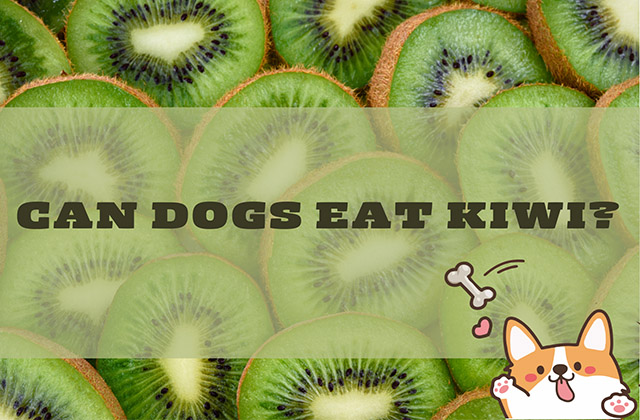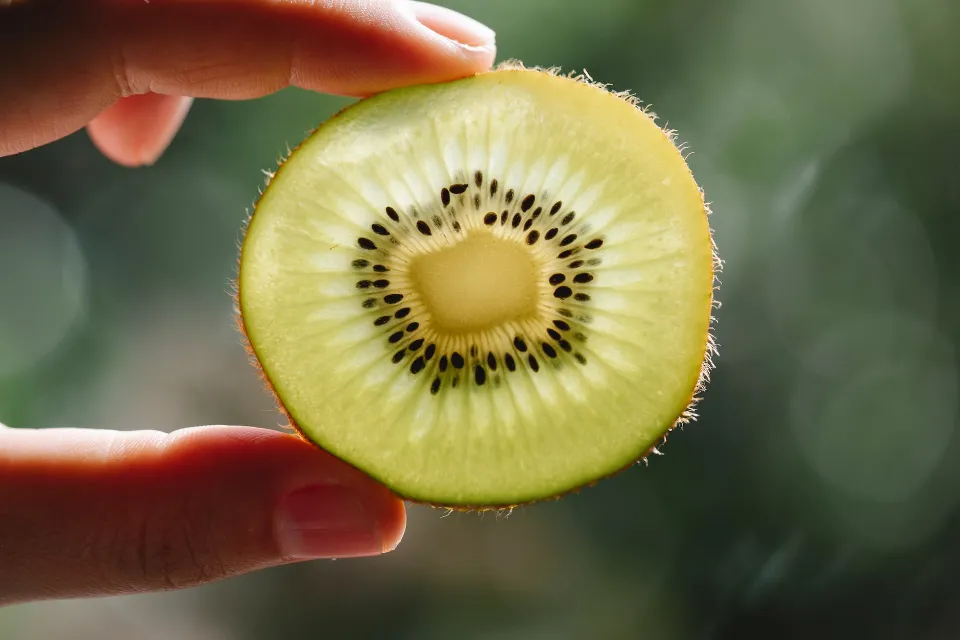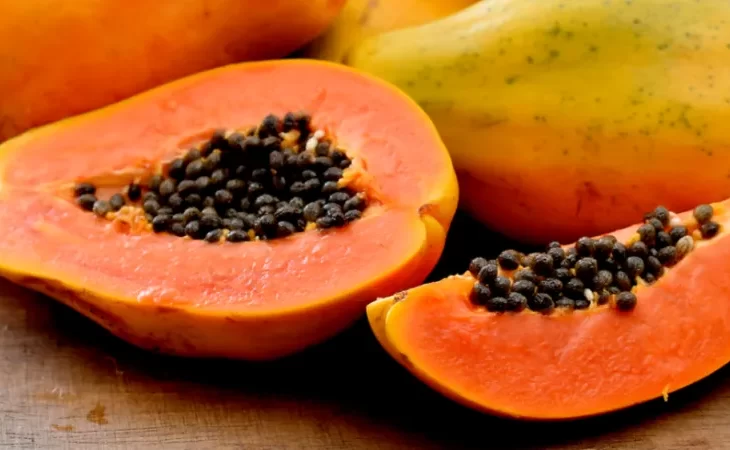
Can Dogs Eat Kiwi? Essential Things You Need to Know
But, can dogs eat kiwi? It’s acceptable to give your dog some of your kiwi snacks if you’re doing so. Just be aware of a few issues before you do.
For all dogs, regardless of size (small or large), cutting the kiwi into small slices is advised. To keep your dog cool and hydrated during the warmer months, you could even make a fruity ice lolly with a variety of different non-toxic fruits, such as kiwi.
Table of Contents
Is It Safe for Dogs to Eat Kiwi?
Despite the apparent simplicity of the question of whether you can share Kiwi with your dog, the answer is a little more complicated. The short answer is yes, kiwi is a relatively safe fruit for dogs to consume. It is advised to remove the skin and seeds before giving it to your dog as a treat.
As with any new food, it is always wise to introduce kiwi to your dog slowly, so you can easily determine if your dog has an allergy, intolerance or any trouble digesting them.
Although kiwi has many health benefits for humans, it is not fully understood what benefits it may have for dogs, so feeding it to them requires some level of caution and discretion.

Beneficial Inclusions in Kiwis for Dogs
Consider these nutritional benefits your dog can gain from occasionally enjoying kiwi as a treat:
- Antioxidants: Beta carotene, folate, and lutein are all present in large quantities in kiwi. These antioxidants shield the cells in dogs from free radical damage and strengthen their immune systems so they can fight infections.
- Essential vitamins and minerals: Vitamin A, vitamin C, vitamin E, and vitamin K are among the nutrients found in kiwis that are healthy for both people and dogs. Among other things, these nutrients are crucial for having healthy skin and circulatory systems. Minerals like calcium and potassium are also present in kiwis. These natural substances support dogs’ bone health and promote muscle growth.
- Fiber: Compared to other fruits, kiwi has a high fiber content. The digestive system of your dog can be regulated with insoluble fiber. Kiwi also contains actinidin, a digestive enzyme that helps dogs break down protein and nutrients in the animal’s regular dog food or kibble.
Potential Health Concerns for Dogs Eating Kiwi
Your dog can safely eat the fruit’s interior as a snack, but you should never give them any of the skin. Kiwi skin is difficult to chew, even though it is not toxic, and if swallowed whole it may present a choking hazard to small dogs. It might also block the digestive tract, which would be extremely unhealthy. In addition to being more difficult to digest on the whole, the tough skin is also more likely to upset your stomach.
Kiwis are small, so you shouldn’t ever give your dog a whole one. A larger breed, like a Labrador Retriever, might be able to finish off a whole kiwi in just one bite, whereas smaller breeds, like a Chihuahua, won’t be able to do so. Cut the kiwi into small pieces and give your dog a little at a time to avoid a potentially dangerous situation, like it getting stuck in their throat.
An upset stomach can result from eating too much kiwi. If your dog experiences any of the following after eating a kiwi, consult with your veterinarian:
- Vomiting
- Diarrhea
- Lack of appetite
- Painful or distended belly
- Lethargy
Moderation is key with all food types. Dogs can eat a few pieces of kiwi without any problems. Although feeding too much fruit or vegetables, even those that are safe for dogs, can cause upset stomachs, these treats are typically thought of as healthy and low-fat.
Too many treats in general, on top of a healthy diet, can lead to canine obesity, which can wreak havoc on your dog’s body, especially if your dog is prone to joint issues like hip dysplasia.

Always Select a Ripe Kiwi for Your Dog
Kiwis are available all year long. The treat for your dog can be improved even further by choosing a good, ripe kiwi. A firm, brown, fuzzy, wrinkle-free, and unblemished kiwi fruit is indicative of its ripeness. The fruit is unfit for consumption and most likely overripe if the kiwi is bruised, shriveled, or has mold.
How to Introduce Kiwi into a Dog’s Diet?
Follow these guidelines any time you give a piece of kiwi or other human food to your dog:
- Introduce small amounts. Start giving your dog kiwi in small doses so that its digestive system has time to adjust to the new nutrients and ingredients. A dog’s digestive system can be harmed by abrupt changes to the regular diet. Kiwi skin and seeds can be toxic to dogs if they are consumed in large quantities, despite the fact that the fleshy fruit of the kiwi is edible.
- Monitor your dog for an allergic reaction. After you introduce a new food to your pet, look for indications of food allergies. Allergies frequently cause gastrointestinal problems, breathing problems, or swelling as side effects. Avoid giving your dog related fruits like bananas, avocados, and watermelons if they exhibit symptoms of a kiwi allergy, including symptoms of diarrhea.
- Watch for signs of upset stomach or constipation. Adverse gastrointestinal reactions to food or a treat can cause vomiting, diarrhea, and loss of appetite. The majority of the time, these symptoms will go away on their own within a few hours; however, if they continue for more than one to two days, you should seek immediate assistance from a veterinarian.
Summary: Can Dogs Eat Kiwi?
Although fruit may be healthy for humans, canines, are these foods safe for them to eat?
Vitamin C, potassium, fiber, and antioxidants are just a few of the health benefits that kiwi fruit offers. In light of this, kiwis can be a fruit that is healthy to give to your dog, but there are still a few things to think about.
Kiwi fruits are not thought to be toxic to dogs, despite the fact that their seeds do contain a very small quantity of a potentially toxic substance that might cause problems if consumed in large amounts.
Read about




